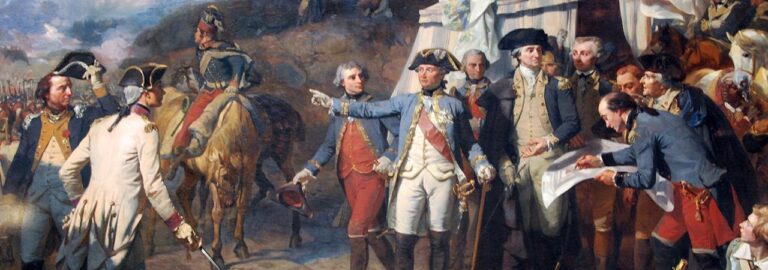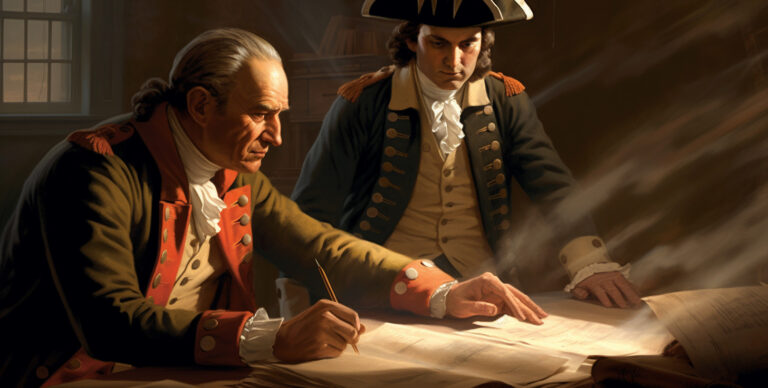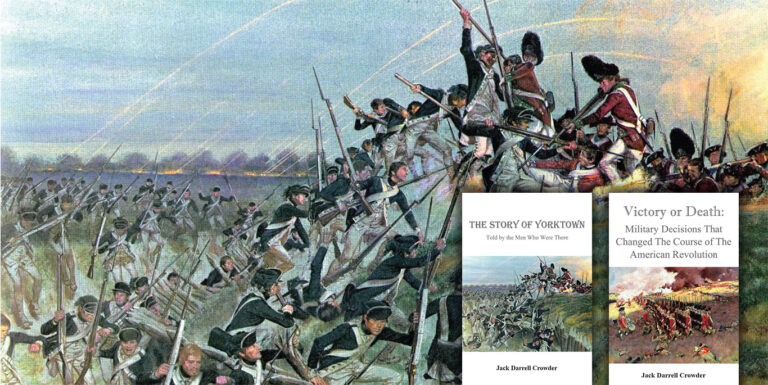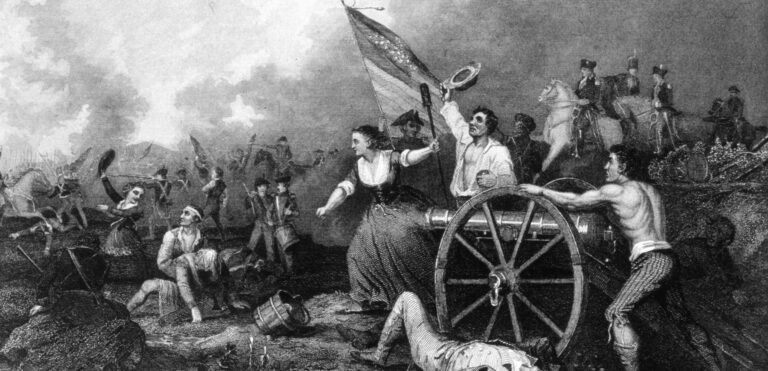American Revolution
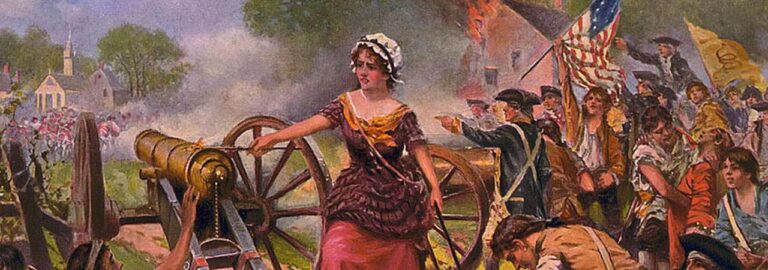
June 17, 2024
Heroines of America’s War for Independence Identified in: Women Patriots in the American Revolution. Stories of Bravery, Daring, and Compassion – By Jack Darrell Crowder
Read more

August 9, 2021
From Across the Spanish Empire: Spanish Soldiers Who Helped Win the American Revolutionary War, 1776-1783. [Arizona, California, Louisiana, New Mexico, and Texas Military Rosters] – By Leroy Martinez
Read more
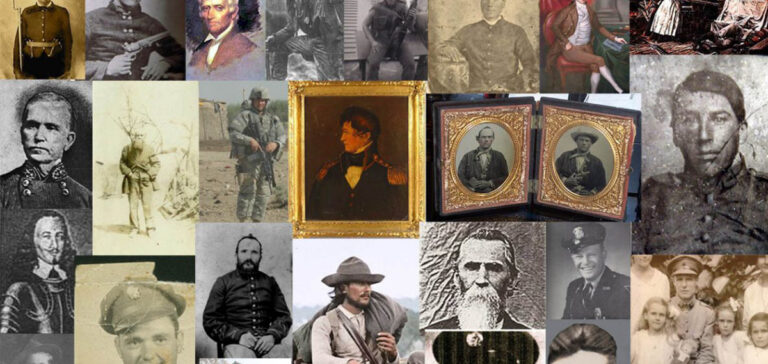
October 19, 2020
Family Stories . . . and How I Found Mine, Chapter 7: Soldiers, Survival, Sorrow, by J. Michael Cleverley
Read more

